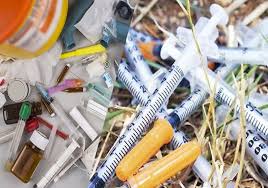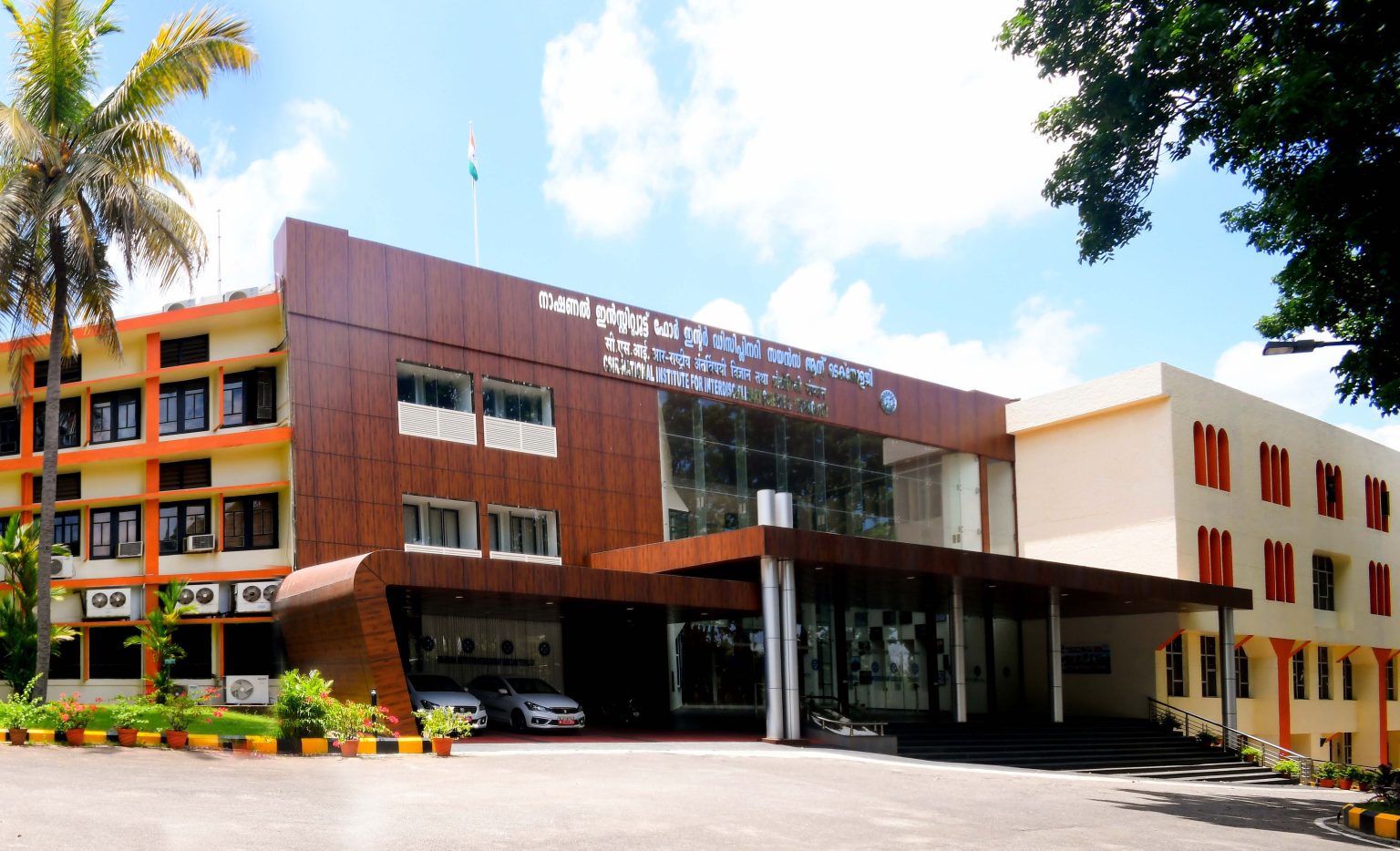In a groundbreaking move to address the pressing issue of biomedical waste disposal, the CSIR-National Institute for Interdisciplinary Science and Technology (CSIR-NIIST) in Thiruvananthapuram has partnered with the All India Institute of Medical Sciences (AIIMS) in Delhi. This collaboration aims to validate an innovative technology developed by CSIR-NIIST that promises an energy-efficient and environmentally friendly alternative to traditional biomedical waste disposal methods.
Transforming Waste to Wealth
Dr. C. Anandharamakrishnan, Director of CSIR-NIIST, highlighted the potential of their new technology, describing it as a perfect embodiment of the ‘Waste to Wealth’ concept. The dual disinfection-solidification system is designed to spontaneously disinfect and immobilize degradable pathogenic biomedical waste such as blood, urine, saliva, sputum, and laboratory disposables. One of the remarkable features of this technology is its ability to impart a pleasant natural fragrance to the typically foul-smelling biomedical waste, making the process more bearable for those handling it.

Addressing the Limitations of Conventional Technologies
Biomedical waste management poses a significant challenge globally due to the potential infectious and pathogenic materials it contains. According to a 2020 report by the Central Pollution Control Board (CPCB), India alone produces around 774 tonnes of biomedical waste daily. Traditional disposal methods, such as incineration, are not only energy-intensive but also pose environmental hazards.
CSIR-NIIST’s innovative system presents a promising solution to these challenges. By converting pathogenic biomedical waste into value-added soil additives, this technology not only addresses the disposal problem but also contributes to environmental sustainability. This approach could potentially revolutionize the biomedical waste management landscape, offering a more sustainable and less energy-intensive alternative to incineration.
Collaboration for Validation and Implementation
The partnership between CSIR-NIIST and AIIMS Delhi marks a significant step towards validating this promising technology. The technology will undergo rigorous testing through a pilot-scale installation and accompanying research and development at AIIMS. Before initiating the proposed study, the two institutions will hold a technical meeting to finalize the specifications.
The Global Impact of Innovative Waste Management
The potential implications of this technology extend far beyond India. If successfully validated and implemented, it could serve as a model for other countries grappling with biomedical waste management challenges. The dual disinfection-solidification system’s ability to convert hazardous waste into valuable soil additives aligns perfectly with global sustainability goals, particularly in reducing the environmental footprint of medical waste disposal.
Conclusion
The collaboration between CSIR-NIIST and AIIMS Delhi represents a significant advancement in biomedical waste management technology. By offering an energy-efficient and environmentally friendly alternative to conventional methods, this innovative system has the potential to transform the way biomedical waste is handled, not only in India but around the world. As the project progresses, it will be exciting to see how this partnership contributes to creating a safer, cleaner, and more sustainable future.
Stay tuned for updates on this revolutionary technology and its impact on the biomedical waste management industry.
To register for our next masterclass please click here https://linktr.ee/docpreneur




